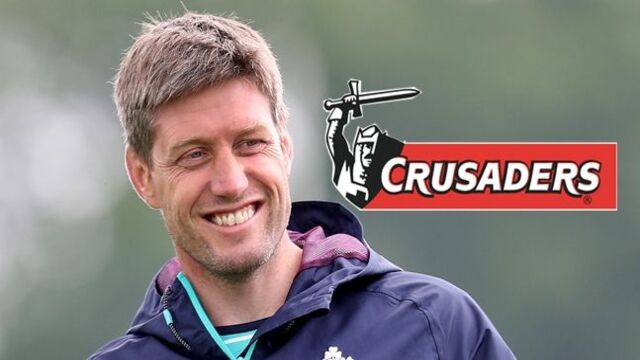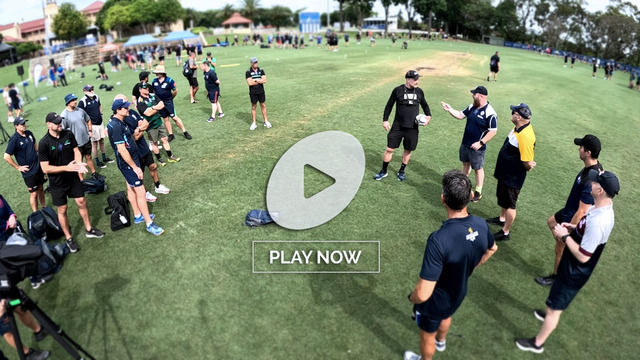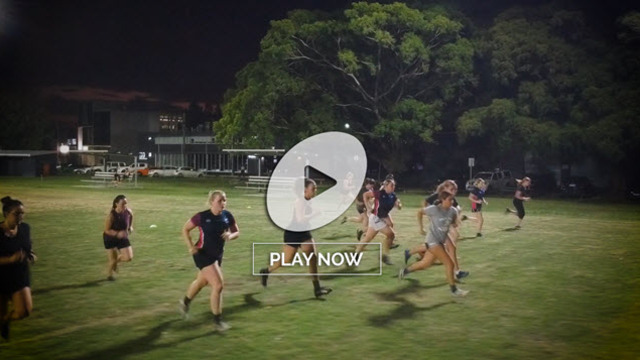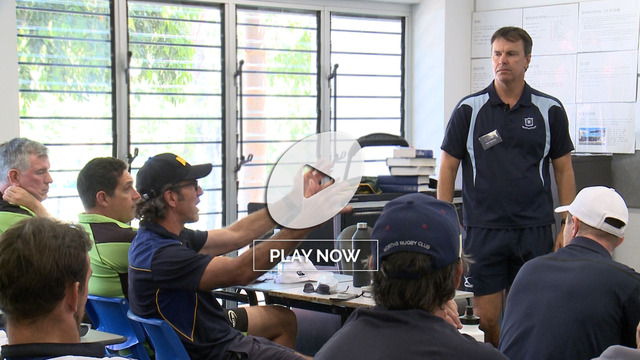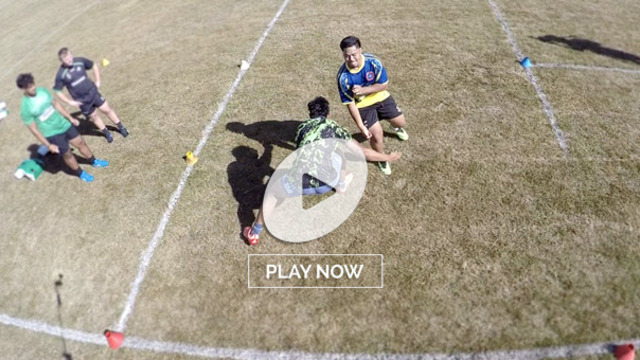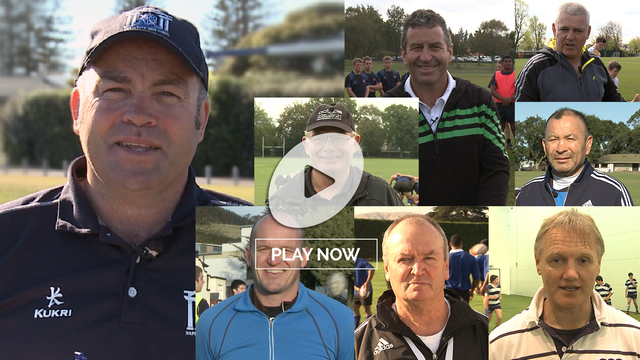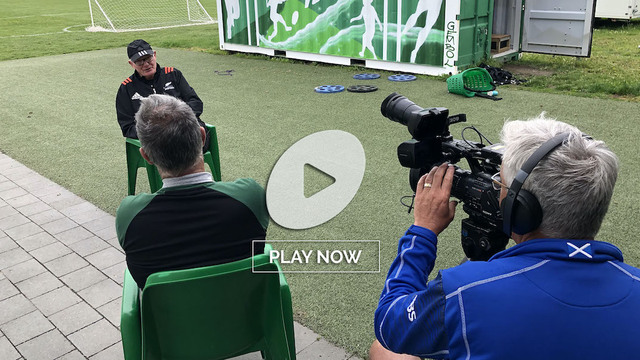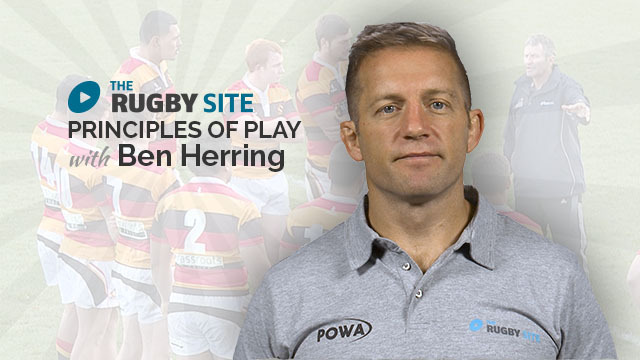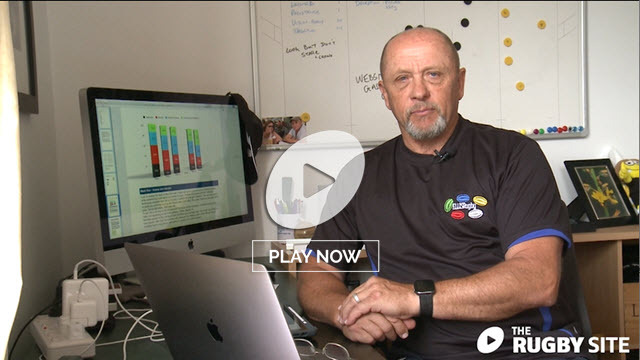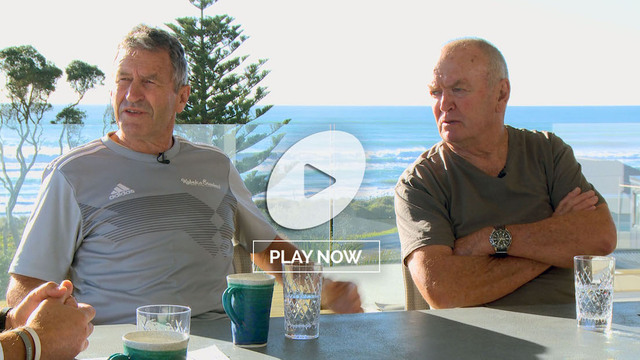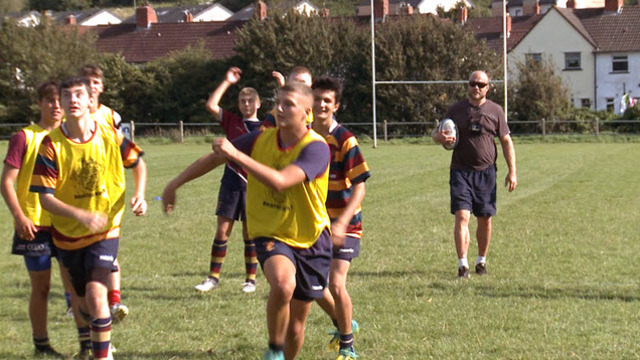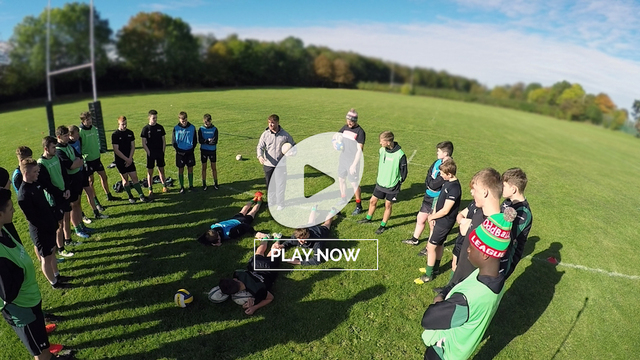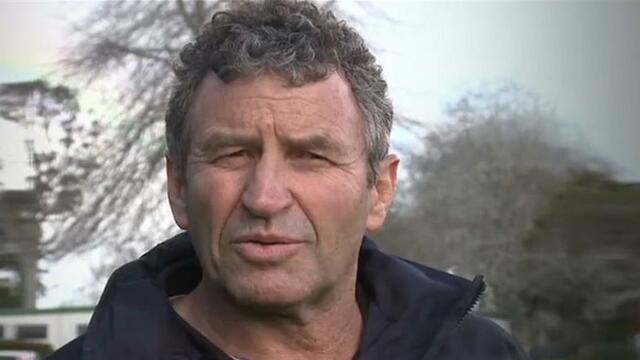The benefit of coaching out of your comfort zone
The dawn of a new year is traditionally the time for reflection and the setting of new goals and rugby coaches are clearly no exception.
Ronan O’Gara is set to swap French Top 14 side Racing 92 for the Crusaders in New Zealand next month in a bold bid to improve as a coach and broaden his understanding of the game.
O’Gara was granted a release from his current contract so he could ‘enrich his rugby knowledge and improve his training methods’ with a spell working in a world-renowned hotbed for coaching talent.
However, unlike the many northern hemisphere coaches who have travelled south before him in a quest to sharpen their coaching skills, the move was not instigated by O’Gara.
The 40-year-old has been recruited by Crusaders coach Scott Robertson who has admitted that he failed to identify a suitable candidate to replace assistant backs coach Leon MacDonald within New Zealand.
O’Gara will be going to New Zealand to learn just as any coach would when given the opportunity to work in such a rugby-rich environment but crucially he will also be going there to teach – something very few northern hemisphere coaches have been invited to do.
It is a huge endorsement of O’Gara’s impact on those around him in what has so far been a short coaching career having only called time on his playing career with Munster and Ireland back in 2013.
“We were looking for someone who has experienced rugby at the highest level and performed in pressure situations,” explained Robertson, whose own coaching reputation is on the rise having orchestrated the Crusaders’ first Super Rugby title since 2008 earlier this year.
It is highly likely that the Crusaders’ interest in O’Gara was fuelled, or maybe even sparked, by the host of Kiwis that he has worked with at Racing 92 – most notably former Canterbury favourite and All Blacks legend Dan Carter.
That is not to say O’Gara would not have sought out such a learning opportunity himself given his publically stated desire to be the best coach he can be.
“You have to be driven, you have to be competitive, and I think that’s deep inside me,” he told Balls.ie recently. “Wanting to compete is not difficult for me. I love going into work, if you call it that, to get the best out of players and the best out if myself, every day.”
O’Gara has long been linked with a return to Munster but you sense if he were to return he would want it to be because his coaching philosophy, skill set and record demanded consideration and not because of some romantic notion linked to his glorious career in the famous red jersey.
His friend and former international team-mate Brian O’Driscoll hinted just as much when he pondered a possible career path for ‘ROG’ earlier this month.
“He’s thinking an investment of a year or two and come back with way more knowledge to be able to find himself into a new head coach role in Europe somewhere,” he told OffTheBall.com. “I wonder will it be Munster immediately or will he do something else before he comes back?"
If O’Gara was looking for a career template to follow then he needs to look no further than another coach familiar with the Crusaders’ set-up who brought the curtain down on a glittering and globe-trotting coaching journey earlier this year – Wayne Smith.
Smith began his coaching career in Italy before returning to his native New Zealand where he steered the Crusaders to Super Rugby glory.
A promotion to the All Blacks followed but his quest to improve and expand his coaching horizons soon took him to England where he linked up with Northampton Saints.
A return to New Zealand and the All Blacks’ ranks followed and would eventually culminate in a long-awaited Rugby World Cup win in 2011.
A desire to continue to learn and nurture talent took him back into Super Rugby with the Chiefs, who he also helped to win two titles, before he was lured back to the international stage once more by All Blacks coach Steve Hansen for the successful defence of their World Cup crown.
“He has never sat still as a coach,” commented Hansen following the ‘retirement’ of his friend and colleague back in October, in reference to ‘The Professor’s’ unrelenting thirst for knowledge and willingness to experiment and share ideas.
It is a trait that Smith shares with arguably his successor as the sport’s most respected coach – and current World Rugby Coach of the Year – England boss Eddie Jones.
England forward Courtney Lawes, who has thrived under Jones’ tutelage, recently told me: “Eddie doesn’t like getting comfortable which is a good thing. He’s always looking to not only improve us as players but improve himself as a coach so therefore he can help us improve even more.”
Not only was Smith a highly-sought after coaching talent, he was also versatile with attack, defence and counter attack just three of the areas he specialised in at various points in his career – in addition to being a mentor to many of the All Blacks’ leading names.
O’Gara, one of the most gifted fly-halves of his generation with Munster and Ireland, began his coaching career at Racing 92 as skills and kicking coach but soon showed a similar desire to broaden his expertise by adding the title of defence coach to his portfolio.
He also joined Ireland’s coaching staff as a skills coach for last summer’s tour of the United States where the chance to study head coach Joe Schmidt at close quarters reportedly reignited O’Gara’s passion for coaching and convinced him a similar role is where his own future lie.
Unsurprisingly, Schmidt is another who has profited from taking chances with his coaching choices having studied and excelled as a coach in France and Ireland as well as his native New Zealand.
If you needed evidence of the reward that can be had by stepping into the unknown when it comes to personal and professional development then look no further than those currently occupying the sport’s other top coaching jobs.
Hansen had a spell in the northern hemisphere with Wales while Jones’ coaching CV includes stints in Japan and South Africa as well as his native Australia.
Current Wallabies boss Michael Cheika has also coached in Italy, Ireland and France while British & Irish Lions coach Warren Gatland learnt his trade in New Zealand, Ireland, England and continues to do so in Wales.
Only an elite few are likely to be offered the chance to carve out such a varied and enviable coaching career as those above but a similar philosophy, a willingness to learn from others and share ideas could prove priceless not matter at what level you coach.
